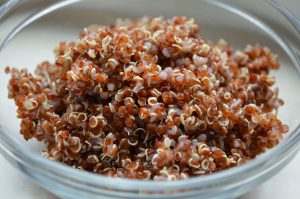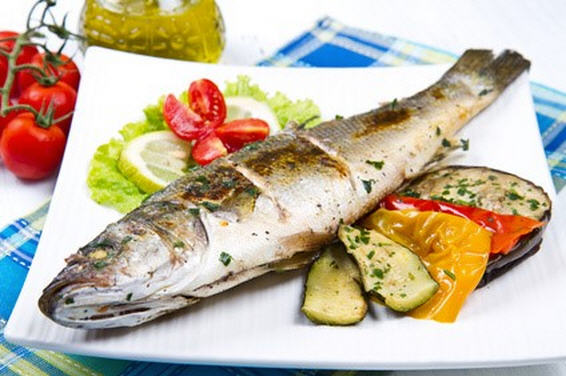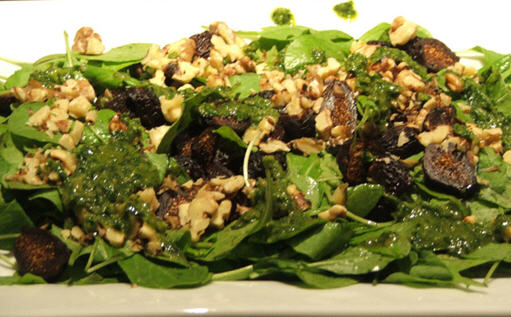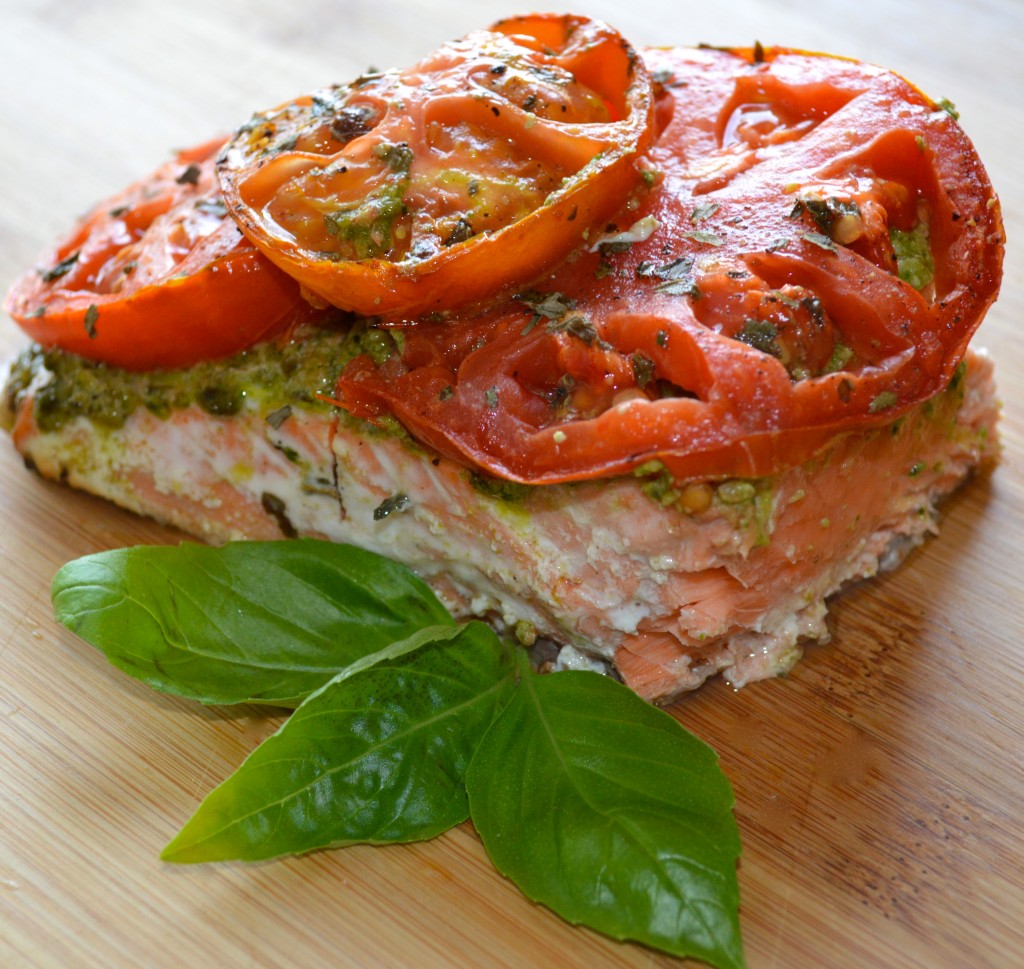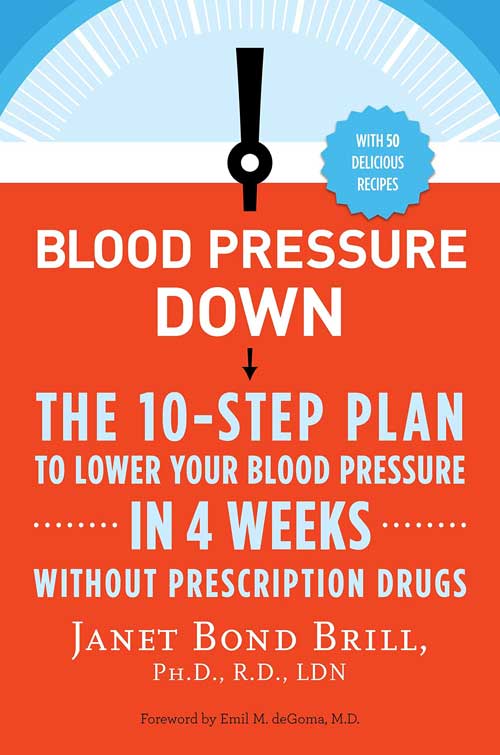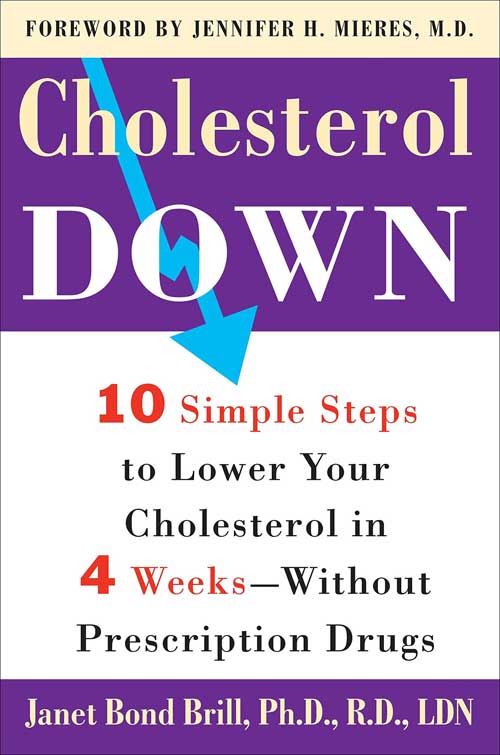By
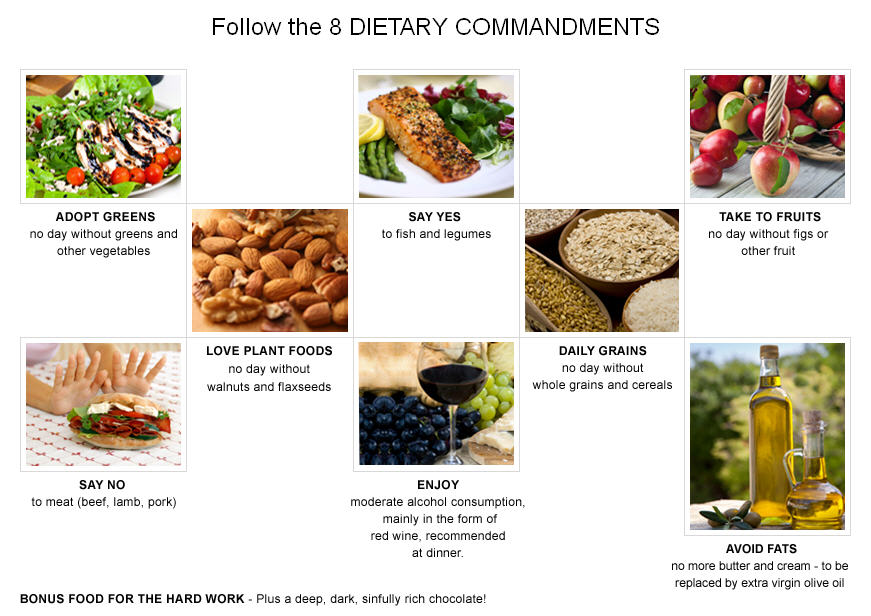

If you were to compile what constitutes the most important ingredients of a Mediterranean diet, you will most certainly find whole grains, fresh fruits and vegetables, fish, protein-rich legumes and liberal use of extra virgin olive oil in all facets of cooking.
The Mediterranean diet has gained widespread popularity across the world for its far reaching impact on promoting positive health and longevity. It is now a proven fact that the Mediterranean diet is effective in controlling high blood pressure, lowering cholesterol levels, and both treating and preventing type 2 diabetes. What”‘s more, the diet is rich in flavor, taste and is extraordinarily easy-to-prepare.
Fruit is commonly found in Mediterranean diet recipes, so let”‘s take a look at the benefits of the fruits popularly used in Mediterranean diet.
Some delicious fruit commonly available in your local supermarket include: mango, oranges, peaches, apricots, cherries, figs, lemon, pears, plums, pomegranate and all sorts of berries – raspberries, strawberries– and of course, let”‘s not forget the potassium and fiber rich banana.
Among dried fruits, it is common to find cranberries or raisins mixed in with ancient nuts such as almonds or walnuts.
The variety of fruit and nuts characteristic of the Mediterranean diet can be eaten plain or baked.
For example, in the winter season, a warm scone made of whole wheat and cranberries baked with heart healthy extra virgin olive oil along with a cup of hot tea is a great way to snack and stay warm and comforted.
Almonds – available in whole, sliced (flaked, slivered), and as flour – almonds are a superbly heart healthy food which can be eaten raw or used in a variety of dishes. Almonds reduce the risk of heart disease, help control diabetes, help with weight loss and are rich in protein, fiber, healthy fat and antioxidants. Add almonds to your daily Mediterranean diet and you will be on the road to better heart health.
Walnuts are another fabulous Mediterranean nut that can be eaten as a snack or as a delicious addition to your recipes.. Walnuts are an excellent source of vitamins B6, vitamin E, folate, and thiamin. These delicious nuts also contain various healthy minerals such as iron, magnesium, and phosphorus. Among Mediterranean recipes, a popular preparation that uses walnuts in generous measure in Roasted Tomato Walnut Pesto Salmon. This simple Mediterranean-style heart-healthy salmon dish, is packed with multiple artery-healing ingredients.
You can also add chopped and toasted walnuts along with figs to Arugula salad. Arugula is an anti-cancer cruciferous vegetable with a delicious peppery bite. It is considered a true super food and is a popular Mediterranean diet ingredient.
Summer is the perfect time for tapping into Mother Nature”‘s chest of berries. Low calorie, fiber-filled red and blue berries (raspberries, strawberries and blueberries) are the perfect Mediterranean food for summer time. Mix them up with non-fat Greek yogurt for the perfect and delicious summertime snack. For additional nutrition, top your yogurt with heart-healthy walnut bits.
The naturally sweet and fiber-rich banana is an ideal Mediterranean food and summer is the time you might consider using bananas as a desert. Frozen sweet treats are very appealing this time of year, as the weather gets warmer, so try a refreshing cold fruit dessert of summer banana frozen yogurt this spring and summer.




